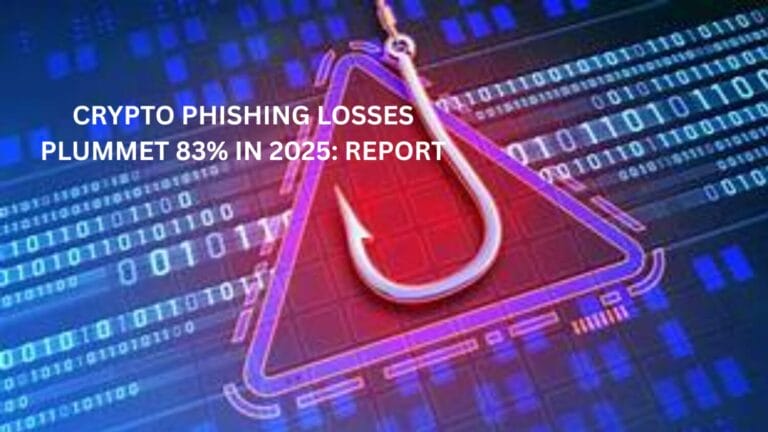Key Takeaways
- The Ministry of IT and Comm of Colombia, has released a guideline on blockchain projects meant to address problems.
- The doc is titled “Reference Guide for the adoption and implementation of initiatives with blockchain know-how for the Colombian State
- The project in this context aims to have its first applications ready for 2023.
Blockchain technology has a special place in the fight against public corruption. Its system provides a unique blend of automated- intelligent smart contract capabilities, real-time transaction transparency, and tamper-evident records management.
More and more governments are utilizing blockchain technology for initiatives that call for decentralization and transparency. The Ministry of Information Technologies and Communications, Colombia’s leading technological institution, has published a blueprint outlining how blockchain should be incorporated into projects meant to address problems at the state and federal levels.
The document, titled “Reference Guide for the Adoption and Implementation of Initiatives with Blockchain Know-How for the Colombian State,” covers the basics of blockchain and the different types of ventures that could benefit from using blockchain in their operations. Regarding this, the document states:
“A blockchain technology project in the public sector requires a detailed review of the requirements of the public challenge to be resolved and the usability that the distributed database would have depending on the type of project.”
Blockchain technology has already been identified as a potential solution to a few problems in Colombia. The report discusses a number of initiatives, including RITA, a network developed by a national organisation that uses blockchain to safeguard and confirm the validity of academic credentials, and the collaboration between the Bank of Colombia and R3 to use Corda for various settlement scenarios.
A new blockchain use case that aims to assist persons in need of their land certificates was recently presented by Mintic. The Ripple Ledger will be the project’s platform for registering and validating these certificates. Peersyst Technology, a third-party company, just finished it.
Additionally promoting its own blockchain-based network is Brazil. In order to increase the openness of public organizations, institutions will use the platform—known as the Brazilian Blockchain Network—on which to construct their own apps.
It is safe to conclude that Colombia is far ahead of other nations in the race to embrace cryptocurrencies. Gustavo Petro, the new president of Colombia, has long backed bitcoin as a cutting-edge technology that might centralise power away from the people. Both his fans and his worried detractors anticipate Bitcoin from Colombia’s new president Before assuming the position of top executive, he had already made obvious and open comments regarding mining digital currencies, which may bring about significant changes in the nation.









